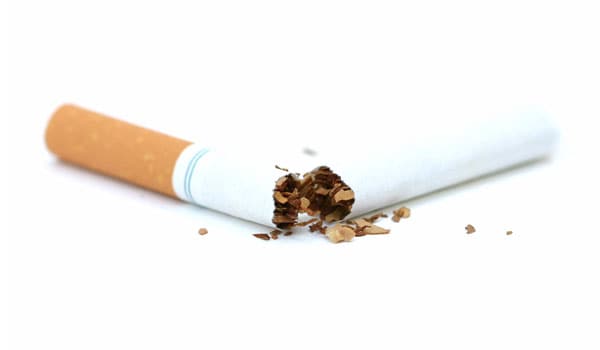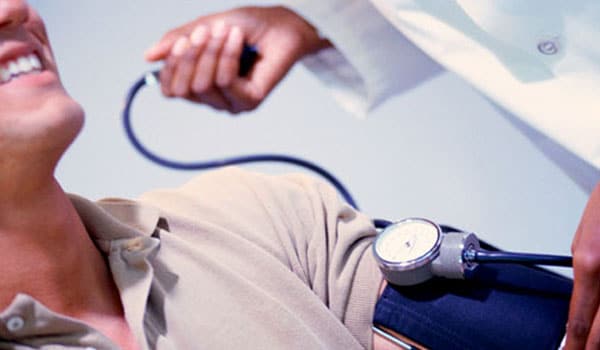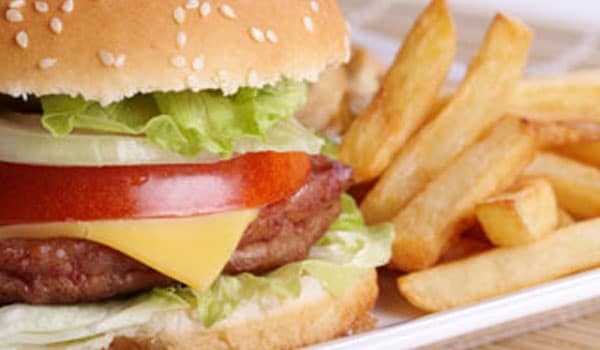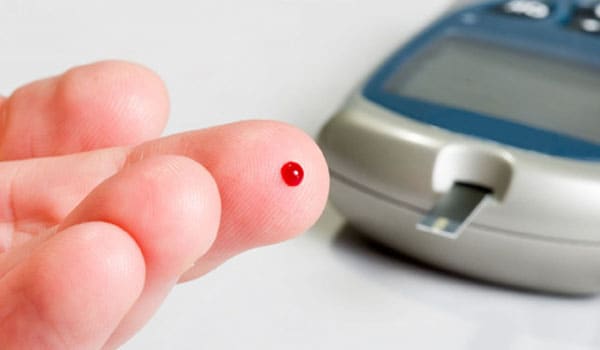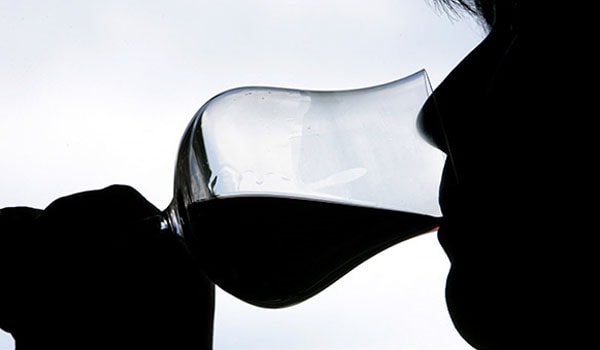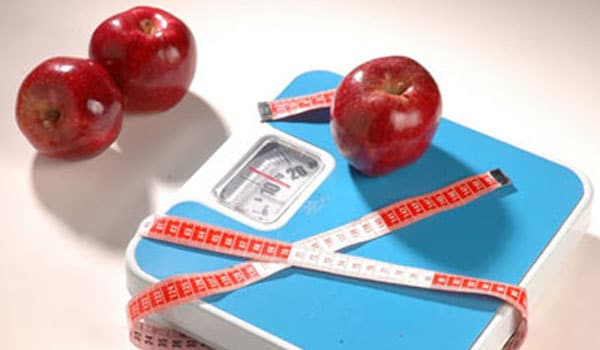Stroke: nature, causes, prevention
A stroke or “brain attack” occurs when the vessels supplying blood to the brain are blocked, interrupting the blood flow and results in the death of the brain cells. Restricting cholesterol intake, keeping blood pressure under check and not smoking help prevent stroke.
-
A stroke or “brain attack” occurs when the vessels supplying blood to the brain are blocked, interrupting the blood flow. This results in the death of the brain cells. Depending on the area of the brain involved and the extent of brain cell death, the specific body functions such as speech, movement or memory may be affected.
-
A quick neurological examination is the first step. The symptoms are assessed and certain blood tests may be carried out. An electrocardiogram and CT scan may also be done. MRI may be advised to detect subtle changes in the brain. Neurosurgeons may advise an MRA (magnetic resonance angiography) to detect blockage of the brain arteries inside the skull.
-
Lowering blood pressure has been conclusively shown to prevent both ischemic and hemorrhagic strokes. Studies show that intensive antihypertensive therapy results in a greater risk reduction. High cholesterol levels have been inconsistently associated with (ischemic) stroke. If you have high cholesterol or high blood pressure, follow your doctor's treatment recommendations.




